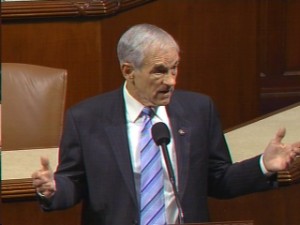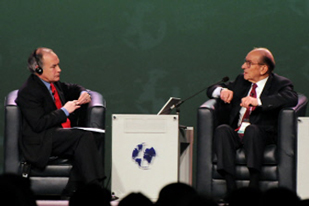June 19 (Bloomberg) — High-net worth individuals, those coveted financial-services customers with at least $2 million to invest, are shifting assets from brokerages and large global banks to smaller, more conservative alternatives.
“For the first time in my career, I saw concern about the location of one’s assets,” said Robert Balentine, the head of Wilmington Trust Corp.‘s investment management group. “We’ve seen tangible evidence of very wealthy clients shifting assets out of brokerage firms in great numbers.”
Trust companies like Wilmington are benefiting from record subprime-infected losses at companies led by Zurich-based UBS AG, the world’s biggest money manager for the rich. UBS clients probably withdrew a net $39 billion during the past three months after the company reported more than $38 billion of writedowns and credit-market losses in the past year, London-based analysts at JPMorgan Chase & Co. estimate.
Clients may say “if UBS can’t manage its own capital, then what the hell are they going to do with mine?” said David Maude, a financial services consultant in Verona, Italy, who calls UBS the “Rolls Royce” of the industry. “It does tarnish their reputation, certainly.”
UBS contacted 2.5 million Swiss consumer and wealth- management customers last month after losing 11.5 billion francs ($10.9 billion) in the first quarter and seeing a net withdrawal of 12.8 billion francs in its asset and wealth-management units.
The company has responded with “proactive, ongoing communication” with clients, said Jim Pierce, co-head of UBS’s U.S. Wealth Management Advisory Group, in an e-mailed response to questions. UBS is “willing to have the difficult conversations,” Pierce said.
U.S. Market
Read moreWealthy Investors Shift Funds From Global Banks to Reduce Risks


